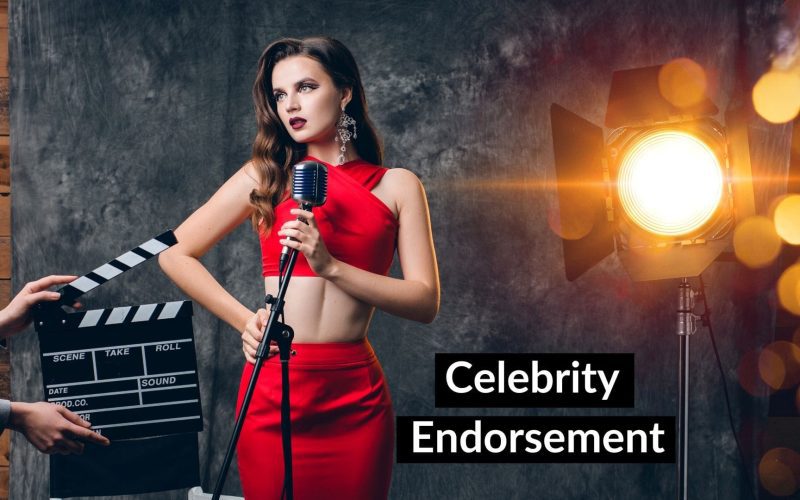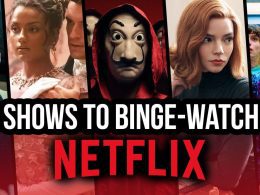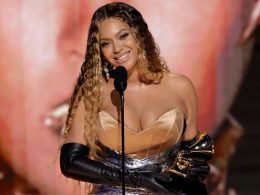Introduction
In the ever-evolving world of marketing, celebrity endorsements have long been a cornerstone strategy for brands seeking to enhance their visibility, credibility, and consumer appeal. The allure of leveraging a well-known personality to promote products and services remains strong, yet the landscape of celebrity endorsements and brand partnerships is continually shifting. This article delves into the latest trends in celebrity endorsements, examining how brands are adapting to changing consumer behaviors, technology advancements, and evolving market dynamics.
Historical Context

Celebrity endorsements are not a new phenomenon. Historically, brands have sought to harness the influence of famous personalities to drive consumer interest and sales. From athletes and movie stars to musicians and socialites, the endorsement of a product by a recognizable figure has often been seen as a shortcut to gaining consumer trust and attention.
-
Early Examples
In the early 20th century, brands like Coca-Cola and Lux Soap were pioneers in using celebrity endorsements. Coca-Cola famously featured actress Hilda Clark in their advertisements, while Lux Soap enlisted Hollywood stars like Joan Crawford and Marilyn Monroe. These early endorsements set the stage for a century of brand-celebrity collaborations.
-
Evolution Over the Decades
The nature and scope of celebrity endorsements have evolved significantly over the decades. The rise of television in the mid-20th century expanded the reach and impact of celebrity endorsements. Brands began to realize the power of aligning themselves with popular TV personalities and athletes, leading to iconic partnerships such as Michael Jordan and Nike, and Pepsi’s long-running association with pop stars like Michael Jackson and Britney Spears.
Modern Trends in Celebrity Endorsements
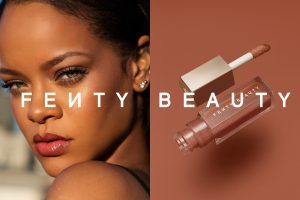
-
Social Media Influence
One of the most significant shifts in recent years is the rise of social media as a platform for celebrity endorsements. Platforms like Instagram, Twitter, and TikTok have given celebrities direct access to millions of followers, allowing them to promote products in a more personal and relatable manner. This shift has led to the emergence of a new breed of influencers who, while not traditional celebrities, wield significant power in shaping consumer preferences.
-
Micro-Influencers
Micro-influencers, with their smaller but highly engaged follower bases, have become valuable assets for brands. These individuals often have a niche focus and a loyal audience, making their endorsements feel more authentic and trustworthy. Brands are increasingly partnering with micro-influencers to tap into specific communities and drive more targeted marketing efforts.
-
Authenticity and Relatability
Consumers today are more skeptical of overt advertising and are seeking authenticity in brand endorsements. This has led to a trend where celebrities are expected to have a genuine connection with the products they endorse. Brands are now more selective in choosing celebrities whose values align with their own, ensuring that endorsements feel more organic and credible.
Long-Term Partnerships
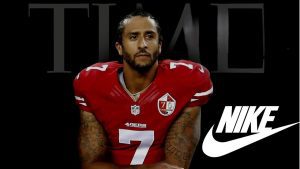
Instead of one-off endorsements, there is a growing trend towards long-term partnerships between brands and celebrities. These collaborations often involve celebrities taking on more significant roles, such as creative directors or brand ambassadors, allowing them to have a more substantial impact on the brand’s image and strategy.
-
Diversity and Inclusion
The push for greater diversity and inclusion in marketing has also influenced celebrity endorsements. Brands are increasingly partnering with celebrities from diverse backgrounds to reflect the varied demographics of their consumer base. This trend not only promotes social responsibility but also helps brands connect with a broader audience.
-
Technology and Innovation
Advancements in technology have opened up new avenues for celebrity endorsements. Augmented reality (AR) and virtual reality (VR) are being used to create immersive brand experiences featuring celebrities. Additionally, the rise of artificial intelligence (AI) has enabled the creation of virtual influencers, who, despite not being real people, can engage with audiences in lifelike ways.
Virtual Influencers

Virtual influencers like Lil Miquela and Shudu Gram are gaining popularity. These computer-generated personalities can be meticulously controlled by brands, ensuring consistent messaging and behavior. While they may lack the human touch, their novelty and futuristic appeal are attracting significant attention.
Case Studies
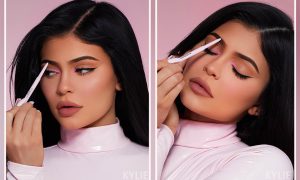
-
Nike and Colin Kaepernick
Nike’s partnership with Colin Kaepernick is a prime example of a brand taking a bold stance through celebrity endorsements. By aligning with Kaepernick, who is known for his activism, Nike made a statement about its values, resonating with consumers who prioritize social justice.
-
Fenty Beauty and Rihanna
Rihanna’s Fenty Beauty has set new standards for diversity and inclusion in the beauty industry. By offering a wide range of shades to cater to all skin tones, Fenty Beauty, with Rihanna at its helm, has challenged the status quo and influenced other brands to follow suit.
-
Kylie Jenner and Kylie Cosmetics
Kylie Jenner’s use of social media to promote Kylie Cosmetics showcases the power of personal branding. Her direct engagement with fans and strategic use of platforms like Instagram have propelled her brand to massive success, demonstrating the potential of social media-driven celebrity endorsements.
Challenges and Considerations

-
Risk Management
While celebrity endorsements can yield significant rewards, they also come with risks. Scandals or controversies involving a celebrity can tarnish a brand’s image. Brands must conduct thorough due diligence and be prepared with contingency plans to mitigate potential fallout.
-
Measuring ROI
Assessing the return on investment (ROI) of celebrity endorsements can be challenging. Brands need to establish clear metrics and use advanced analytics to measure the impact of endorsements on brand awareness, consumer sentiment, and sales.
Conclusion
The landscape of celebrity endorsements and brand partnerships continues to evolve, driven by changing consumer expectations, technological advancements, and a greater emphasis on authenticity and inclusivity. Brands that can navigate these trends and strategically leverage celebrity endorsements will be well-positioned to capture consumer attention and loyalty in an increasingly competitive market.
As we look to the future, it is clear that celebrity endorsements will remain a powerful tool in the marketing arsenal. However, success will hinge on brands’ ability to adapt to new trends, embrace innovation, and foster genuine connections with both celebrities and consumers.






